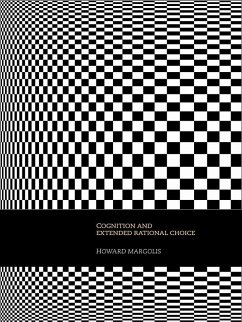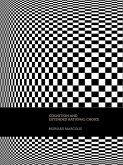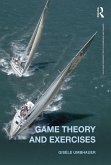This new book by Howard Margolis demonstrates how an account of widely-discussed topics, from tipping points in social choice to cognitive illusions and experimental anomalies, can be brought within a coherent framework.
Dieser Download kann aus rechtlichen Gründen nur mit Rechnungsadresse in A, B, BG, CY, CZ, D, DK, EW, E, FIN, F, GR, HR, H, IRL, I, LT, L, LR, M, NL, PL, P, R, S, SLO, SK ausgeliefert werden.









